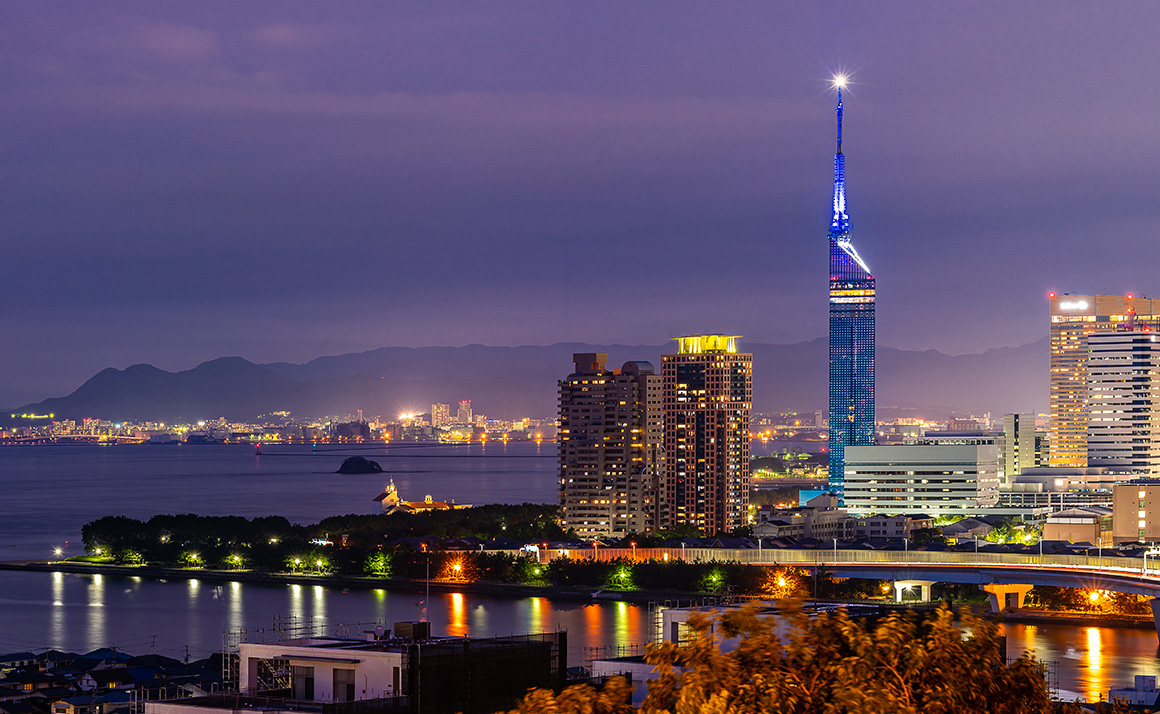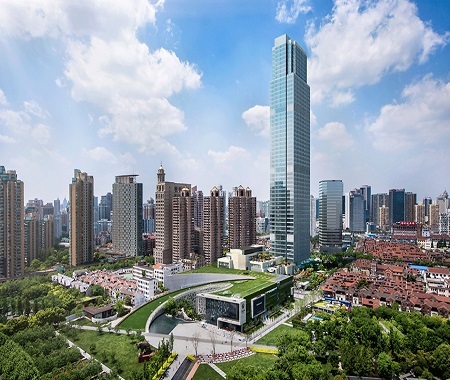
City Lowdown: Fukuoka
Fukuoka may lack the size of Tokyo or Osaka, but is one of Japan’s most dynamic and successful cities, with forward-thinking leadership and a growing prime real estate market.
The city, which has a population of 2.7m in the metropolitan area, is located on the coast of the southern Kyushu island of Japan and is only 200km from Busan in South Korea. Its location means it has been a centre for trade for many years.
For the past decade, Fukuoka has been working to make itself more attractive to start-ups, both domestic and overseas. The city is strongly connected with the wider Kyushu region, and its growth is supported by the many people who migrate there.
The real estate investment market is relatively small, but has seen increasing activity from overseas investors, as prices have risen in Tokyo and Osaka. Investors such as Allianz and Blackstone have targeted the residential leasing sector and more buying is expected from foreign funds. Other overseas private equity firms have been active in the city. Overseas logistics real estate specialists have developed and own modern logistics warehousing.
Office and retail cap rates have remained flat during the pandemic, while logistics cap rates have continued to fall. Residential cap rates have also fallen steadily in recent years.
Fukuoka was one of Japan’s most resilient office markets in 2021. The vacancy rate of investment-grade offices increased to 2.3%, from 0.9%, meaning the city has the lowest office vacancy rate of Japan’s major cities. The city was also the only one to see rents rise, a hike of 1.4%. Meanwhile, Osaka and Nagoya saw moderate rental corrections of 2.6% and 2.4% YoY, respectively. In comparison, Tokyo Grade A offices exhibited a much larger yearly decline of 8.2% in rents, showing that regional cities are performing relatively better.
“The rental growth seen in Fukuoka is primarily attributable to the addition of new offices with above-average rents,” says Tetsuya Kaneko, head of research and consultancy at Savills Japan. In general, office markets in provincial cities have been less vulnerable to the effects of the pandemic, due in part to less remote working. Provincial cities have fewer large companies, which are more likely to have the capacity to organise remote work. Commuting times are also shorter than in Tokyo, so there is less incentive to choose home working.
The office market is set to see more supply in the next few years, thanks to projects such as the Tenjin Big Bang, involving the redevelopment of several buildings in the Tenjin area and the Hakata Connected project, which promotes redevelopment of older buildings around the Hakata train station. The Tenjin and Hakata stations will be connected by a new metro line. Office supply from 2021-24 will be more than the total of the previous decade. However, strong absorption of new office space in 2021 and the arrival of new international tenants, including Google and Boston Consulting, suggests a positive outlook. The Fukuoka residential market is underpinned by steady population growth: its population increased by 4.9% between 2015 and 2020, the highest growth among Japan’s 20 major cities.
The city has a relatively young demographic for Japan and a high student population, including a relatively high number of overseas students. Population growth has been fastest in central areas, close to universities and employment centres. Being a compact city, Fukuoka offers the chance to live centrally or within a short commute, which also encourages a vibrant night-time economy.
Kaneko says: “Fukuoka’s residential market remains sound with its fundamentals underpinned by its positive migration and vibrant business environment. The city’s compact and convenient layout, young demographics, and accommodating stance towards new ideas are attractive characteristics.”
Between Q1/2016 and Q3/2021, average residential rents rose 17% while occupancy rates have been constantly above 96%. Investment volumes for residential real estate in Fukuoka have been limited partially due to a shortage of well designed, multi-family assets. Hence, the strong competition for available assets has pushed yields down. An analysis of J-REIT recent transactions in 2021 indicates actual yields in the city typically range between 4% and 5%. However, given the multi-family yield gap between Tokyo and Fukuoka, Fukuoka still provides a more attractive level of return to investors.
The COVID-19 pandemic has halted inbound tourism, however prior to the pandemic tourism was an important and growing industry, making up 6% of GDP in 2018. Half the city’s overseas tourists come from nearby Korea. The hospitality sector is expected to recover rapidly as inbound tourism returns.
Fukuoka’s retail market was also supported by inbound tourism and rents have fallen during the pandemic, however vacancies in Tenjin, the main retail area, decreased modestly in 2021, a sign of recovery.
The logistics real estate sector has grown steadily in the past five years, although Fukuoka is relatively less supplied with large modern logistics facilities compared with Tokyo and Osaka. Several overseas logistics real estate specialists, including Prologis, Mapletree and ESR, are present in the city.
Further reading:
Savills Japan Research
Contact us:
Tetsuya Kaneko



